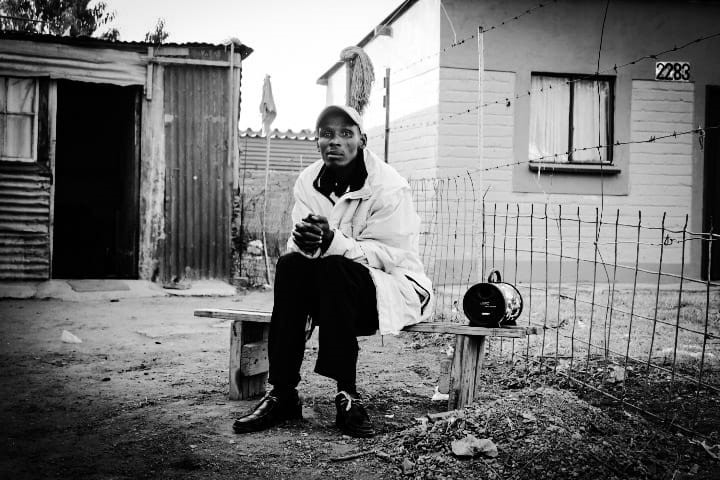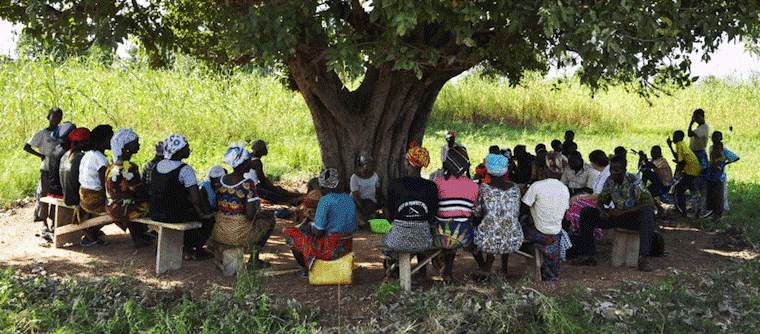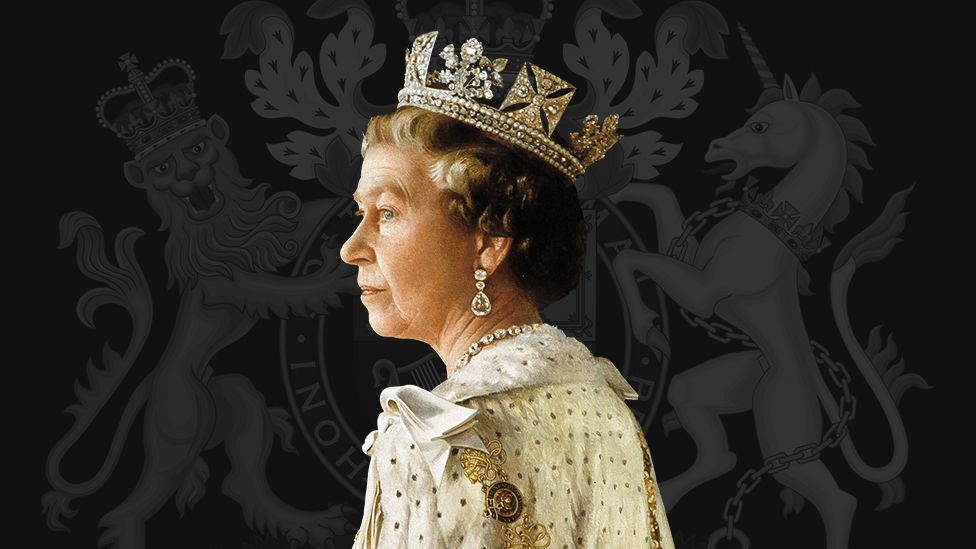Youth Month in South Africa serves as a stark reminder of the urgent need to address the pressing issues that continue to plague the country's young population. Despite their potential and creativity, many young people in South Africa face staggering unemployment rates, social ills, and economic marginalization. These challenges not only undermine their dignity but also erode their trust in the political system, fostering a sense of disillusionment and despair.
The 1976 generation in South Africa, who lived through the Soweto Uprising, can teach the present-day generation valuable lessons that can be applied to modern issues. Their remarkable bravery in the face of adversity is a testament to the power of courage and resilience. Despite facing violent resistance, the 1976 generation remained determined and steadfast in their pursuit of equality and justice. This unwavering commitment is a quality that today's youth can draw inspiration from as they navigate their own struggles and challenges.
The unity and solidarity displayed by the 1976 generation is another vital lesson for the present day. In the face of a common enemy, apartheid, they put aside their differences and united in their quest for freedom and equality. This collective action led to significant advancements in the fight against apartheid and serves as a powerful reminder of the impact that can be made when individuals come together toward a common goal. Today's generation can learn from this example and work towards building bridges across divides, fostering a sense of community and shared purpose.
The 1976 generation's recognition of the importance of education is another crucial lesson for today's youth. They fought tirelessly for access to quality education, understanding that it was a key driver of personal and societal development. This emphasis on education enabled them to challenge the status quo and equipped them with the skills and knowledge necessary to effect change. Today's generation can continue to prioritize education, recognizing its transformative power and potential to uplift individuals and communities.
The diversity and inclusivity of the 1976 generation is another valuable lesson for the present day. Comprised of individuals from different racial, cultural, and linguistic backgrounds, they demonstrated that unity and solidarity can be achieved even in the face of significant diversity. Today's generation can learn from this example, celebrating and embracing diversity in all its forms, and promoting inclusivity and representation in all aspects of life.
While the 1976 generation did not have access to the same digital tools as today, they effectively utilized available resources to mobilize and raise awareness. Today's generation can harness social media, digital platforms, and other technologies to amplify their voices and drive change. By leveraging these tools, they can reach a wider audience, build global connections, and mobilize support for their causes.
Moreover, the 1976 generation's struggle was not solely focused on race; they also addressed issues like gender, class, and economic inequality. Today's generation can adopt a similar intersectional approach, recognizing how different forms of oppression intersect and compound. By acknowledging and addressing these complexities, they can develop a more nuanced understanding of the challenges they face and work towards more inclusive and equitable solutions.
The 1976 generation faced unique challenges, and today's generation faces new and different struggles. However, by learning from the past, today's generation can develop innovative solutions to address contemporary issues like digital apartheid, economic inequality, and climate change. They can draw on the experiences and strategies of those who came before them, adapting and evolving their approaches to suit the needs of the present day.
Finally, the 1976 generation's experiences and stories are a vital part of South Africa's history. Today's generation can learn from their elders, preserving their cultural heritage and ensuring that the sacrifices and achievements of the past are not forgotten. By honouring the legacy of the 1976 generation, today's youth can continue the fight for a more just and equitable society, building a brighter future for themselves and generations to come.
The scourge of youth unemployment, in particular, has far-reaching consequences, including perpetuating poverty, inequality, and social unrest. As young people struggle to find meaningful employment, they become disheartened and disconnected from the economy and society. This disillusionment often leads to a loss of faith in the political system, as they feel that their voices are not being heard and their needs are not being addressed.
Furthermore, social ills such as substance abuse, crime, and gender-based violence continue to ravage communities, devastating young lives and perpetuating cycles of trauma. These social ills are often symptoms of deeper issues, including poverty, lack of education, and family dysfunction. The economic marginalization of young people, particularly those in rural areas and townships, exacerbates these problems, limiting their access to resources, opportunities, and support networks.
Youth structures, such as youth leagues and councils, should not merely serve as dress rehearsals for political expediency but rather as genuine platforms for young people to engage with the issues that affect them. These structures should be empowered to tackle the pressing challenges facing young people, including unemployment, education, healthcare, and social welfare. By doing so, they can ensure that young people's voices are heard and their needs are addressed.
Moreover, youth structures should be inclusive and representative, providing a platform for diverse perspectives and experiences. They should foster a culture of dialogue, debate, and critical thinking, enabling young people to develop innovative solutions to the challenges they face. By empowering young people to take ownership of their issues, we can build a more vibrant and responsive democracy that truly reflects the needs and aspirations of all citizens.
Ultimately, the future of South Africa depends on its ability to harness the energy, creativity, and potential of its young people. By providing them with the support, resources, and opportunities they need to thrive, we can build a more just, equitable, and prosperous society for all. As we commemorate Youth Month, let us recommit ourselves to creating a brighter future for young people and, through them, a better South Africa for generations to come.
As we navigate the complexities of the modern era, we can draw valuable lessons from the 1976 generation in South Africa, who courageously fought against apartheid. Their experiences and strategies offer insights into tackling present-day challenges, from social inequality to climate change.
Firstly, their bravery and resilience in the face of adversity teach us the importance of standing up for our beliefs and values, even when confronted with seemingly insurmountable obstacles. By embracing this courage, we can confront present-day challenges with confidence and determination.
Secondly, their unity and solidarity in the face of a common enemy demonstrate the power of collective action. By putting aside our differences and working together toward a common goal, we can achieve far more than we could alone. This lesson is particularly relevant in today's divided world, where unity and solidarity are often in short supply.
Thirdly, their recognition of education as a key driver of personal and societal development reminds us of the importance of knowledge and skills in addressing modern challenges. By prioritizing education and lifelong learning, we can equip ourselves with the tools necessary to tackle complex problems and adapt to a rapidly changing world.
Fourthly, their diversity and inclusivity offer a powerful example of the strength that comes from embracing our differences. By celebrating and embracing diversity in all its forms, we can build more inclusive and equitable societies, better equipped to address the complex challenges of the modern era.
Fifthly, their ability to adapt and evolve in the face of new challenges teaches us the importance of flexibility and innovation in addressing modern problems. By embracing new technologies, strategies, and approaches, we can develop innovative solutions to tackle seemingly intractable challenges.
Lastly, their legacy serves as a powerful reminder of the importance of preserving our cultural heritage and honouring the sacrifices of those who came before us. By learning from the past and honouring the legacy of the 1976 generation, we can continue the fight for a more just and equitable society, building a brighter future for ourselves and generations to come.
In conclusion, the 1976 generation in South Africa offers a powerful example of courage, unity, education, diversity, adaptability, and legacy. By drawing on these lessons, we can tackle present-day challenges with confidence, determination, and a commitment to building a better future for all.
*Loyiso Gangatha Ngceshu is a youth activist and writes in his personal capacity.





















